The University of Freiburg pursues ambitious sustainability goals in all areas: in research and teaching, in operations and governance.
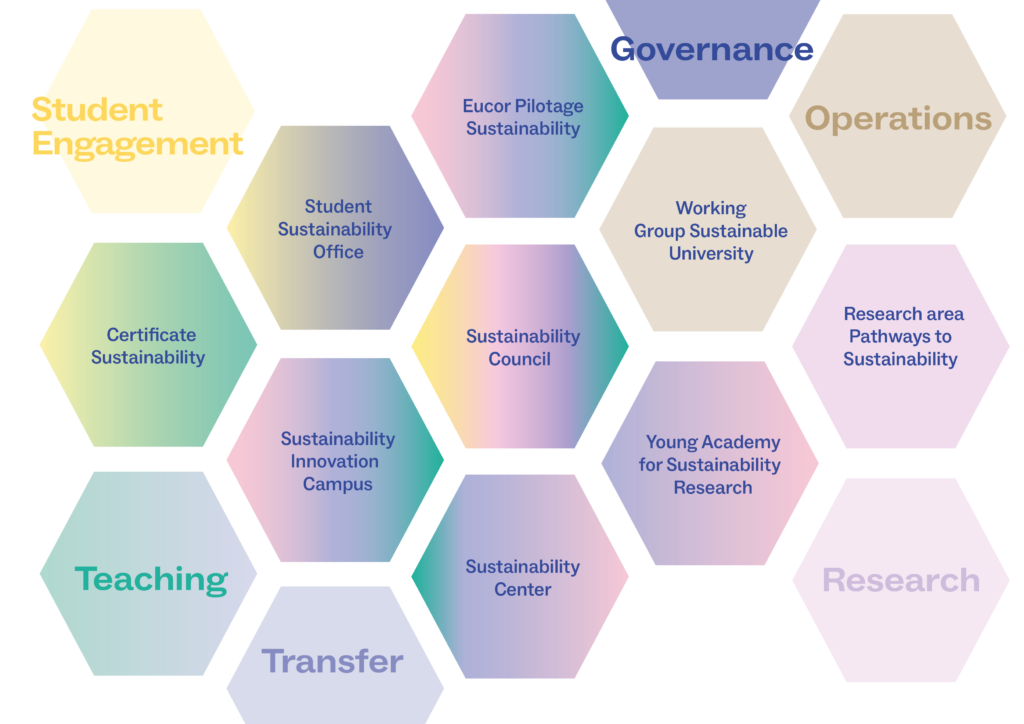
What this means, for example, is that researchers examine sustainability in a broad range of disciplines. And they pass their knowledge on to students in lectures and seminars. All students have the opportunity to be exposed to sustainability issues, whether in a single course, a sustainability-focused degree program, or a cross-disciplinary course of study. And the university itself is of course also making efforts to become more sustainable: by gradually becoming more climate-neutral, but also by creating a healthy environment in which its members can develop freely.
The university maintains contact with society in all these efforts, whether in the form of applied technical or social innovation or in the form of knowledge transfer.
Here are just a few concrete examples of what sustainability looks like at the University of Freiburg:

A participatory space where members of all groups across the university come together to strategically advance sustainability – that’s what the Sustainability Council has to offer.
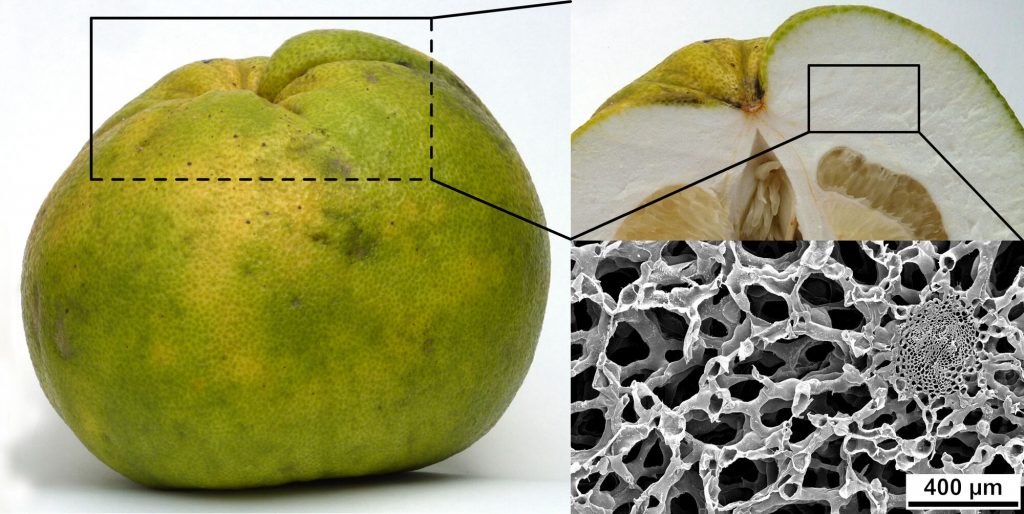
Materials systems inspired by nature that adapt to environmental conditions and produce clean energy from the environment – that’s the focus of research at the Cluster of Excellence livMatS.
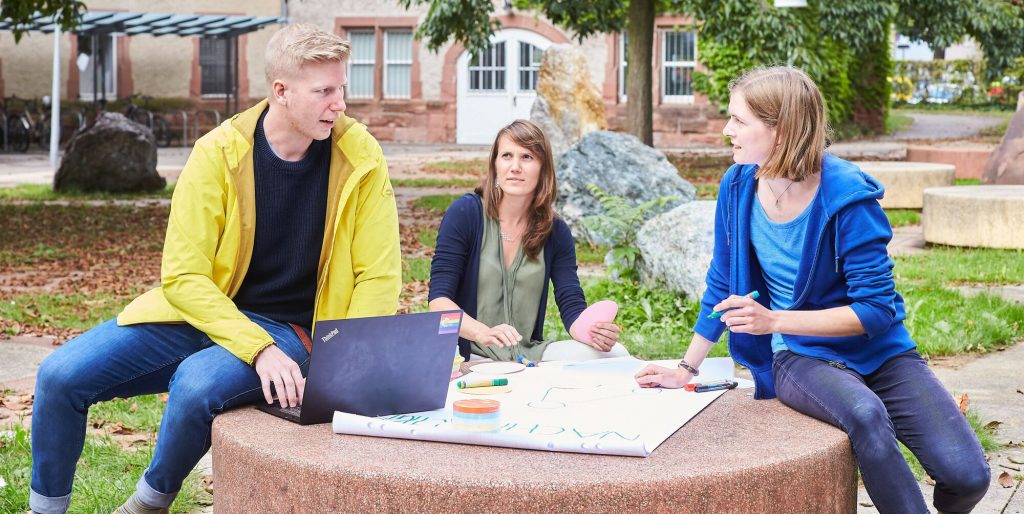
Integrating sustainability into studies with an interdisciplinary and practice-oriented approach, independent of one’s own field of study – the Sustainability Certificate makes it possible.
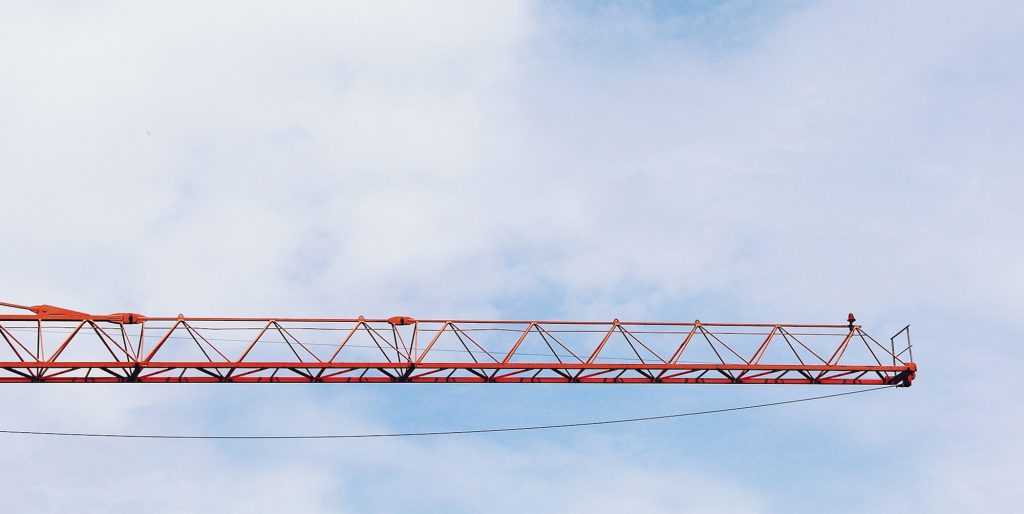
A new climate-neutral building for the Faculty of Environment and Natural Resources – this flagship project is part of the climate protection plan the University of Freiburg has drawn up.
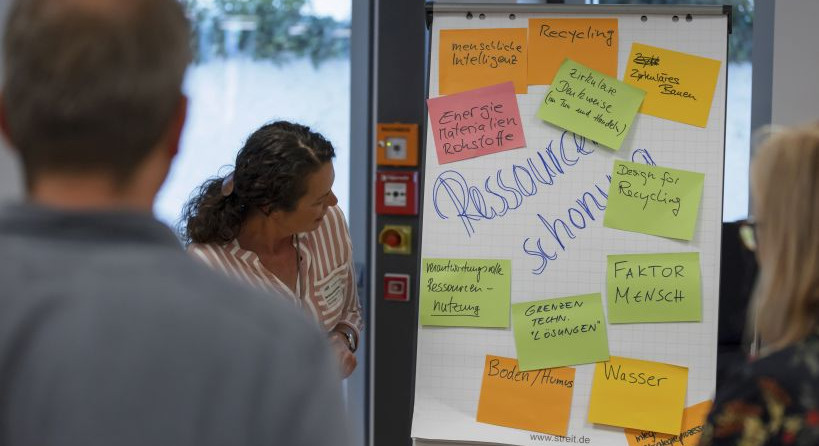
Working with business, politics and civil society to develop transformative solutions for urban regions of the future – that is the goal of the Sustainability Innovation Campus.

Cooperation between the Eucor universities on questions of sustainable development in research, teaching, and transfer – that’s the aim of the Eucor Sustainability Focus Area.
News: The Latest on Sustainability Issues
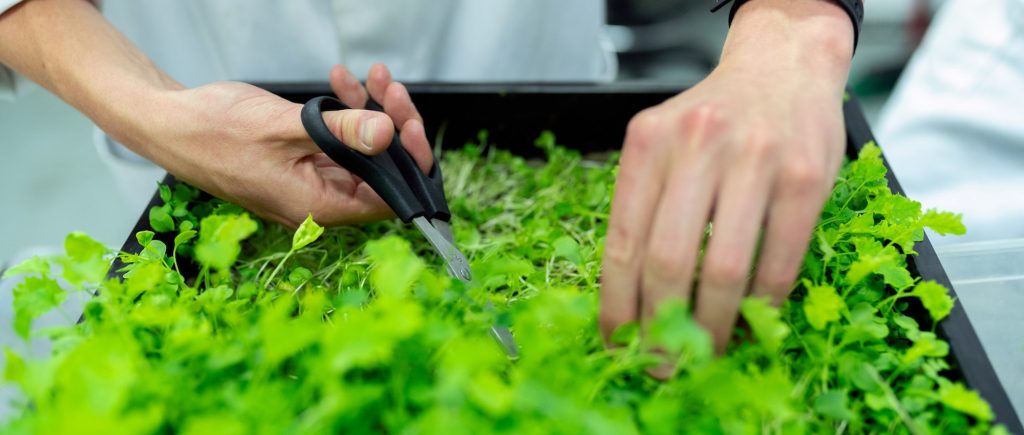
- University Sustainability Days 2024
- THE Impact Rankings: University of Freiburg places among the Top 100 in four SDGs
- Environmental Report 2022/2023 published
- Call for applications for the summer school ‘Experimenting with Transdisciplinary Research – Using the Example of Climate Adaptation of Cities and Municipalities’
- On 20 October 2023, Prof. Dr Hans Joachim Schellnhuber will give a lecture on the building sector as a driver of climate change and the necessary changes towards a climate-positive building industry.
- The University of Freiburg and the Deutscher Fachverband für Agroforstwirtschaft (German Agroforestry Association) are holding the 9th Agroforest Systems Forum, including excursions, talks on agricultural practice and research, and numerous opportunities for networking and exchange on 27/28 Sept. 2023 in Freiburg.
- Online discussion event with Yolanda Kakabadse on the topic ‘Sustainability needs us all – from small actions to big changes’; 28 June 2023, 4 p.m., via Zoom.
- FRIBIS Lecture Series: Reform and Transformation Steps toward a Sustainable Social and Climate Policy. 26 January 2023, 6–7:45 p.m., HS 1009 in Collegiate Building I.
- Studium Generale: The Temperature of Resilience: Heat Supply and Welfare around the Turn of the 19th to the 20th Century. 28 January 2023, 11:15 a.m.–12:45 p.m., HS 1010 in Collegiate Building I.
- Public lecture series of the Sustainability Certificate program: 2022/23 winter semester, Wednesdays, 6–7:30 p.m., lecture hall 1221 in Collegiate Building I and via live stream (links on the Events page)
- 19 Minutes at 19 Degrees: Talks about the energy crisis: December 2022–February 2023, Mondays, 1:15–1:45 p.m., lecture hall 1015 in Collegiate Building I (dates and topics on the Events page)
- Panel discussion with students and teachers: “Sustainability in Studies and Teaching – No Compromises?!” as part of the series “In Dialogue: Sciences and Their Audience,” Wednesday, 23 November 2022, 6:15–7:45, lecture hall 1098, Collegiate Building I
- Arnim Wiek selected as Alexander von Humboldt Professor: Sustainability researcher aims to build a new Centre for Sustainable Food Economy at University of Freiburg with five-year funding
- Network of measuring stations documents differences in weather and climate in Freiburg’s urban area
- The Student Sustainability Office at the University of Freiburg opens on June 21, 2023
- Call for Applications: Fellowship at the Young Academy for Sustainability Research (YAS)
- Freiburg researchers investigate regional forest policies
- New international sustainability ranking: The University of Freiburg ranks third nationwide
- Carl-Zeiss-Stiftung Supports Research Project on Wood-Based Materials at the University of Freiburg
- Perennial Flowering Strips Combined with Hedges Enhance Wild Bees Best in Agricultural Landscapes
- Contemporary Science Communications for Forest, Environmental, and Sustainability Sciences
- Ten Freiburg Theses on Basic Income
- “City Trees Need to Be Watered Urgently!”
- How Can Plants Adapt to Climate Change?
- Toward a Climate-Neutral University
Governance: Sustainability at the Strategic Level
We at the University of Freiburg see it as our core task to generate and impart solid knowledge on environmental issues and societal challenges, to propose and exemplify solutions, thus acting as a catalyst for a sustainable society.
As a means of strategically shaping these ambitious goals, the university established a corresponding vice presidency in April 2021.
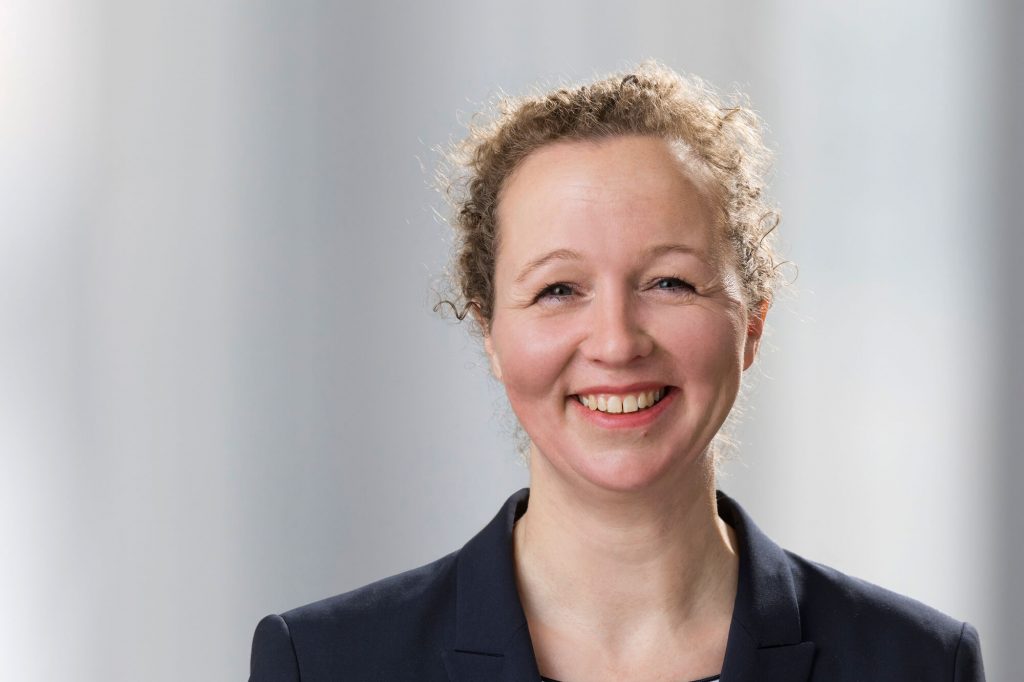
“The vice president’s office anchors the topic of sustainability at the highest level of the university. That gives us in Freiburg the opportunity to promote sustainability in an integrated manner, be it in research, in cross-disciplinary degree programs, or in terms of operational sustainability. The important point is that all groups at the university are involved in the development of concrete goals and measures through the Sustainability Council.”
Prof. Dr. Daniela Kleinschmit, Vice President for Internationalization and Sustainability
Sustainability Report
The preparation of the report, as well as the coordination of sustainability activities and the further development of the corporate sustainability strategy, are the responsibility of the university’s sustainability manager.
The first sustainability report of the university is published as ePaper and also available as pdf: Sustainability Report 2021 of the University of Freiburg.
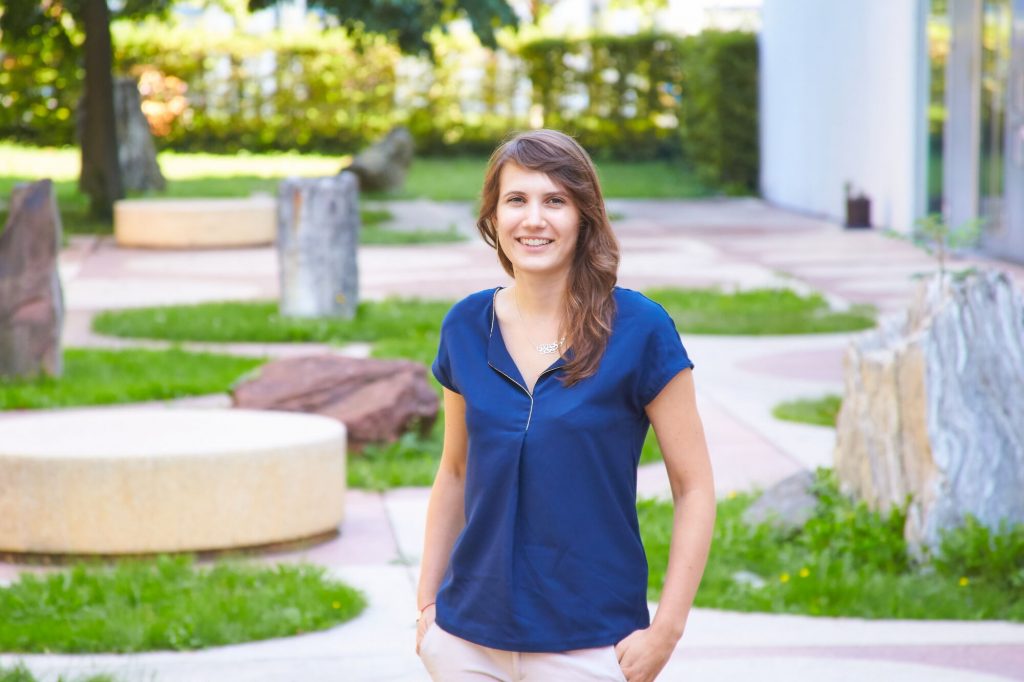
Spotlight: Sustainability Council
The Sustainability Council is one of ten working groups in which members of the university are discussing questions of the future in an open, participatory think tank format.
“The Sustainability Council provides the opportunity to finally address sustainability as a cross-sectional task at the university. The collaboration between people with different tasks and perspectives makes the search for ways to achieve a sustainable university varied but also time-consuming. That’s democratic work – it remains to be seen what influence the new council will have on the decisions of the university leadership.”
Helen Dörr, student, Sustainability Office initiative, member of the Sustainability Council
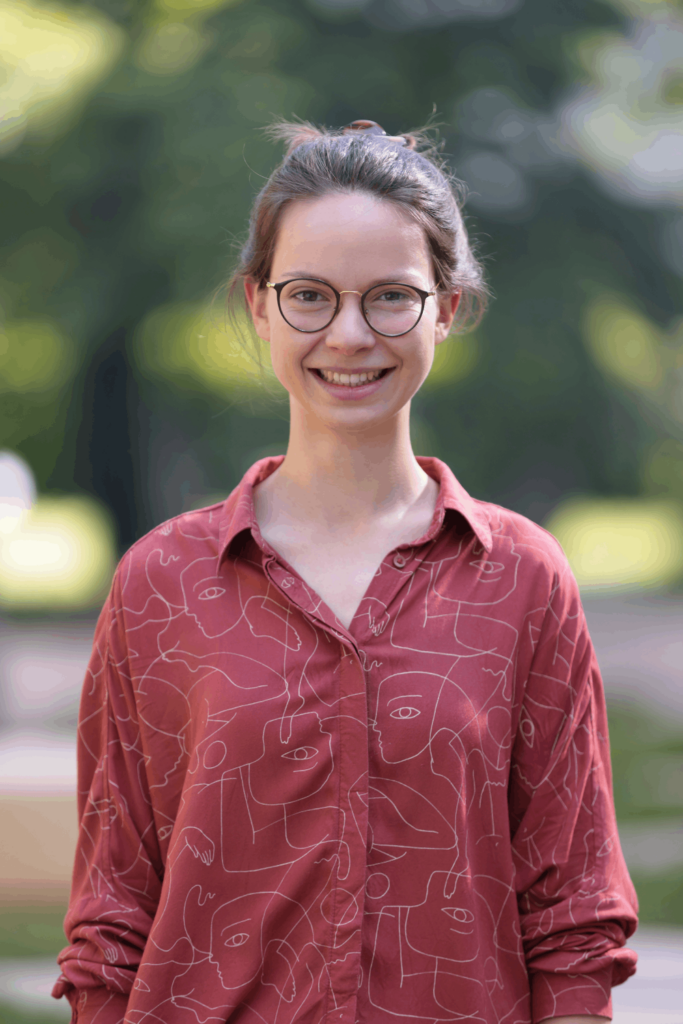
The Sustainability Council identified the following goals for the university in its first phase of work:
- developing a profile in the area of sustainability
- setting and prioritizing goals for operational sustainability
- raising awareness for sustainability in research
- introducing cross-disciplinary courses on the topic of sustainability
- including networks in the transformation processes
- enhancing the University of Freiburg’s (international) visibility as a sustainability university
The Sustainability Council stands in a tradition that is already well established in Freiburg: An initial “sustainable university” working group was established as early as 2005.
Sustainability in Research
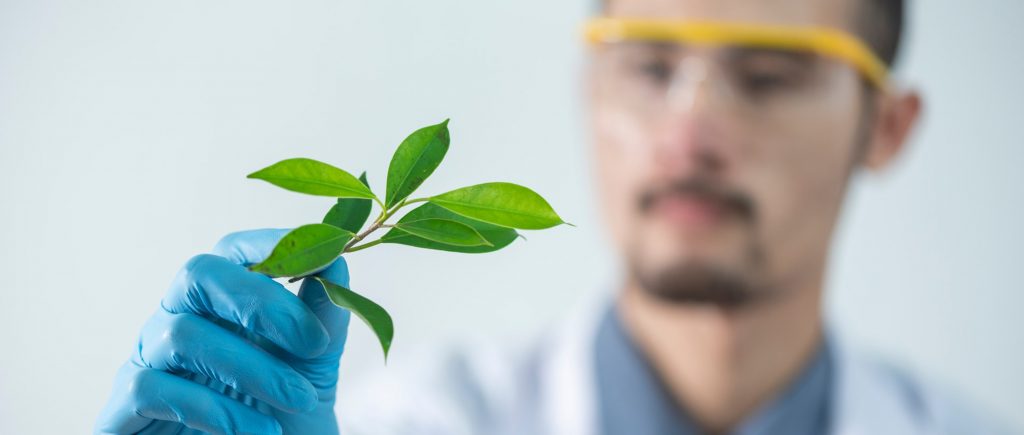
The University of Freiburg is one of the most research-intensive institutions for sustainability research in Germany, with steadily increasing international visibility. This is reflected in our performance in the areas of publications and third-party funding, particularly in relation to the sustainable development goals (SDGs) “good health and well-being” (goal 3), “sustainable cities and communities” (goal 11), “climate action” (goal 13), and “life on land” (goal 15).
Sustainability is firmly embedded in the University of Freiburg’s research profile with the key research area ‘Pathways to Sustainability’.
There are currently more than fifty professorships with a sustainability focus at the University of Freiburg – and they extend across a wide range of faculties.
Sustainability research at the University of Freiburg is innovative, interdisciplinary, and international. It reflects the university’s broad understanding of the topic, in which the social, economic, and ecological aspects of sustainability are inextricably linked.
The Young Academy for Sustainability Research, for example, has been bringing together international postdocs from different disciplines in a novel format since its founding in 2021.
The Environmental Humanities initiative, launched on the basis of a FRIAS research focus on interdisciplinary resilience research, is devoted to sustainability issues from a humanities and social sciences perspective.
The new research group Transformational Sustainability Science aims to further develop transformative sustainability science in teaching and research. To this end, it develops methodological foundations and engages in empirical research.
- Faculty of Law: Environmental Law
- Faculty of Economics and Behavioral Sciences
- Faculty of Medicine: Environmental Medicine
- Faculty of Philology: Development Theory and Development Politics
- Faculty of Humanities & Faculty of Philology: Environmental Humanities
- Faculty of Chemistry and Pharmacy
Spotlight: Faculty of Environment and Natural Resources

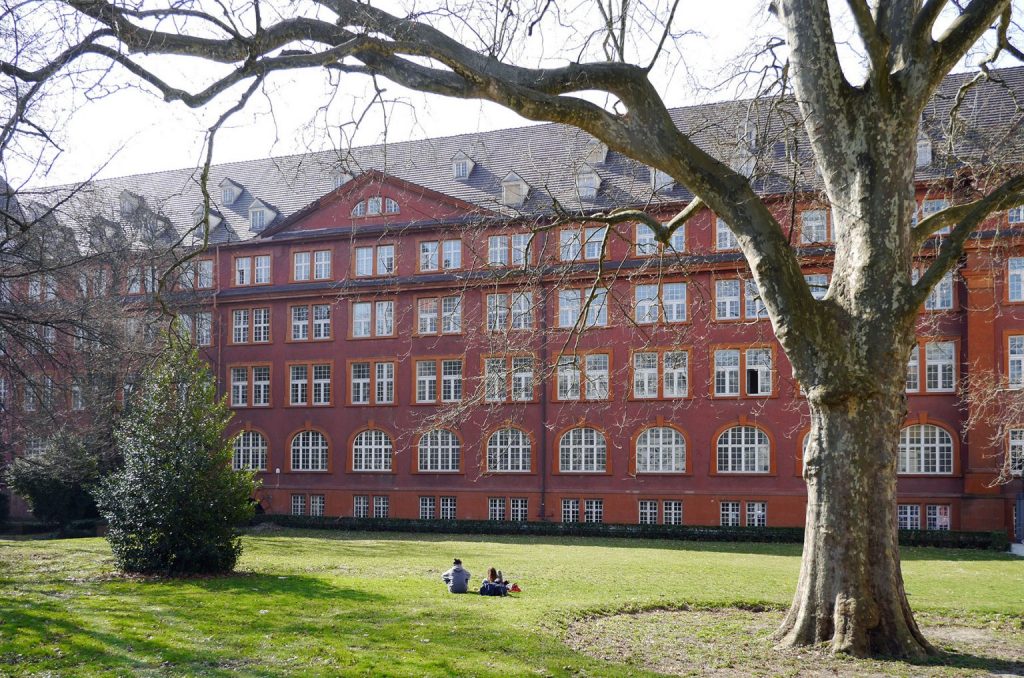
The Faculty of Environment and Natural Research is unique in the German research landscape: The innovative combination of forest, earth, and environmental natural sciences, environmental social sciences, and geography creates a range and strength of personnel not found at any other institution.
Das wissenschaftliche Interesse der Fakultät richtet sich sowohl auf Prozesse innerhalb von Umweltsystemen als auch auf die Interaktionen zwischen Umwelt, Mensch und Gesellschaft, insbesondere unter Berücksichtigung des globalen Wandels. Grundlegende naturwissenschaftliche Prozesse werden ebenso erfasst wie gesellschaftliche, politische und ökonomische Strukturen und Veränderungen.
Research Group Transformational Sustainability
The University of Freiburg has created the research group Transformational Sustainability Science in collaboration with the newly established Humboldt Professorship for Sustainable Food Systems. The group is currently being set up under the leadership of Dr. Katja Brundiers (co-leader) and Prof. Dr. Arnim Wiek (co-leader), with doctoral students Alex Ramey and Susila Bhagavathula. The group aims to further develop transformative sustainability science in teaching and research at the University of Freiburg. To this end, it develops methodological foundations and engages in empirical research, particularly in the areas of the food economy and disasters (with a focus on heat). This is achieved through close co-operation with research institutions on sustainability at the University of Freiburg, in Germany, the USA and worldwide.
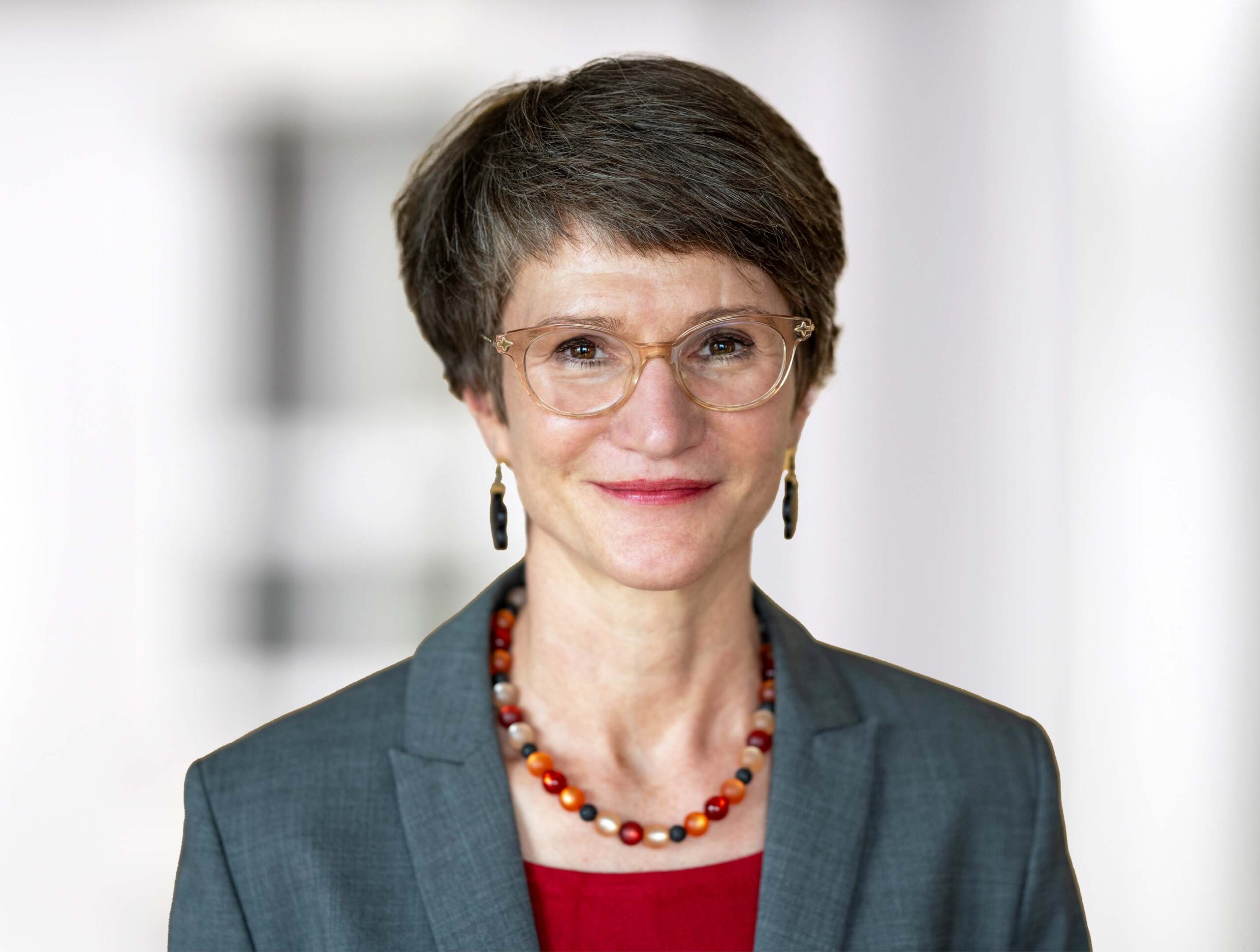
“The research group Transformational Sustainability Science works in a transdisciplinary way, i.e. in cooperation with practitioners, on sustainability solutions, i.e. concrete technical, behavioural, political and economic approaches to complex problems from local to global level, such as climate change, resource overuse and public health impairments. Sustainability science investigates such solutions using scientific and experimental methods to advance not only practical results but also theories, such as theories on innovation, transformation and resilience. We would like to make these tools of sustainability science accessible to numerous researchers and students.”
Prof. Dr. Dr. Katja Brundiers, Co-Head of the research group Transformational Sustainability Science
Joint Research Projects with a Sustainability Focus
Cluster of Excellence livMatS: Materials Systems Inspired by Nature
The Cluster of Excellence Living, Adaptive and Energy-autonomous Materials Systems (livMatS) combines the best of two worlds: nature and technology. livMatS develops lifelike materials systems inspired by nature. The systems adapt autonomously to environmental conditions, produce clean energy from their environment, and are insensitive to damage or compensate for it independently. livMatS also investigates the effects of such innovations on society. The cluster includes researchers from the natural sciences, engineering, social sciences, and humanities.
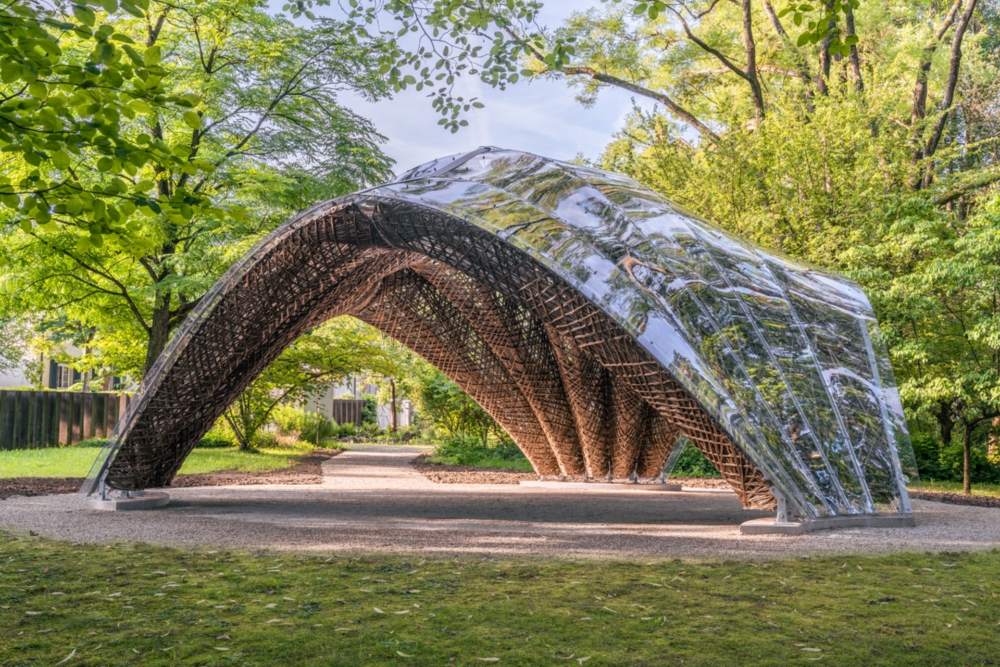
The livMatS Pavilion at the Botanical Garden is a model for a novel materials system and the possibilities it opens up for sustainable construction: The pavilion illustrates how it becomes possible to create unique bioinspired architecture by combining natural materials with advanced digital technologies.
Cluster of Excellence CIBSS: Deciphering the Language of Life
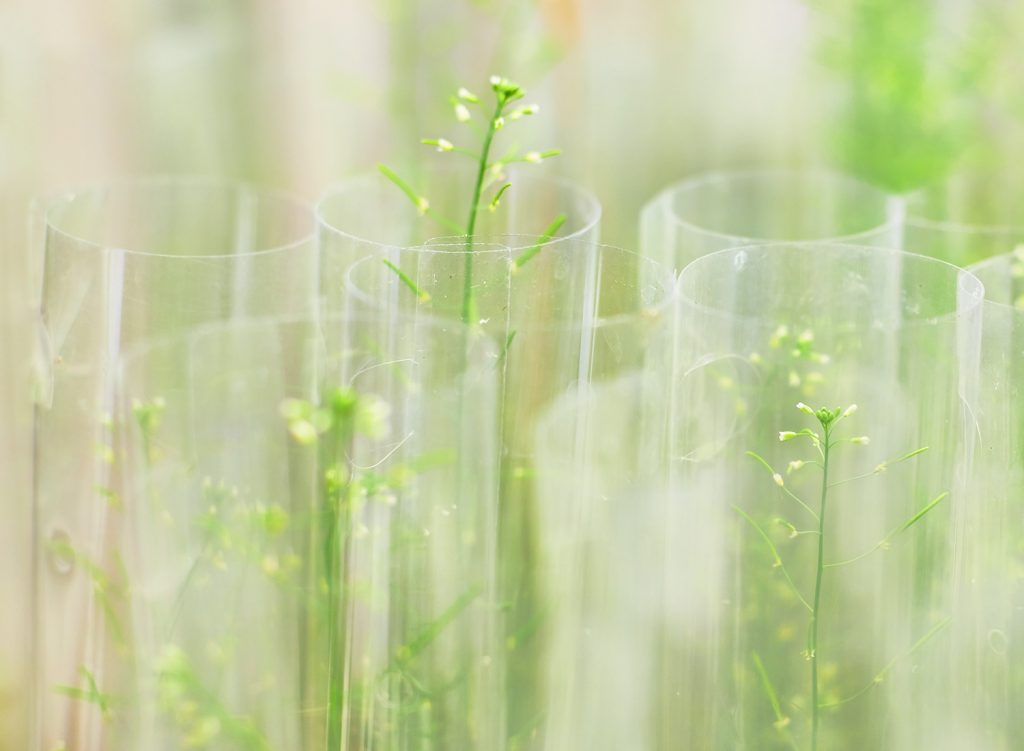
The Centre for Integrative Biological Signalling Studies (CIBSS) is devoted to signaling research and thus to understanding the language that governs multicellular life in humans, animals, and plants. The goal of CIBSS is to develop innovations for global challenges in biomedicine and plant research.
CIBSS scientists investigate questions like how crop plants can be made more resistant to flooding or how crop plants can supply themselves with their own nutrients to reduce the need for fertilizers, thus making agriculture more sustainable.
Collaborative Research Center ECOSENSE: Forest Ecosystems and Climate Change
The Collaborative Research Center ECOSENSE (SFB 1537) studies the consequences of climate change on forest ecosystems in order to identify and predict critical changes quicker and with greater precision.
The team at the center includes Freiburg researchers from six professorships at the Faculty of Environment and Natural Resources and six laboratories at the Department of Microsystems Engineering (IMTEK) and the Department of Sustainable Systems Engineering (INATECH).
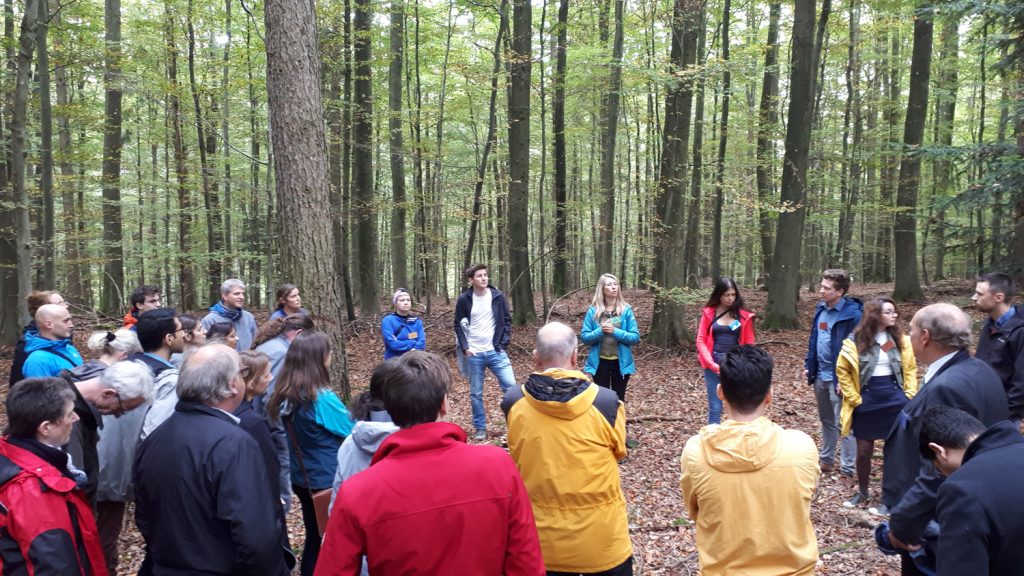
Research Training Group ConFoBi: Forest Biodiversity

The research training group Conservation of Forest Biodiversity in Multiple-Use Landscapes of Central Europe (ConFoBi), which received funding from the German Research Foundation (DFG) over the period 2016–2025, combines ecological studies on forest biodiversity with social and economic studies on biodiversity conservation.
Sustainability in Studies & Teaching
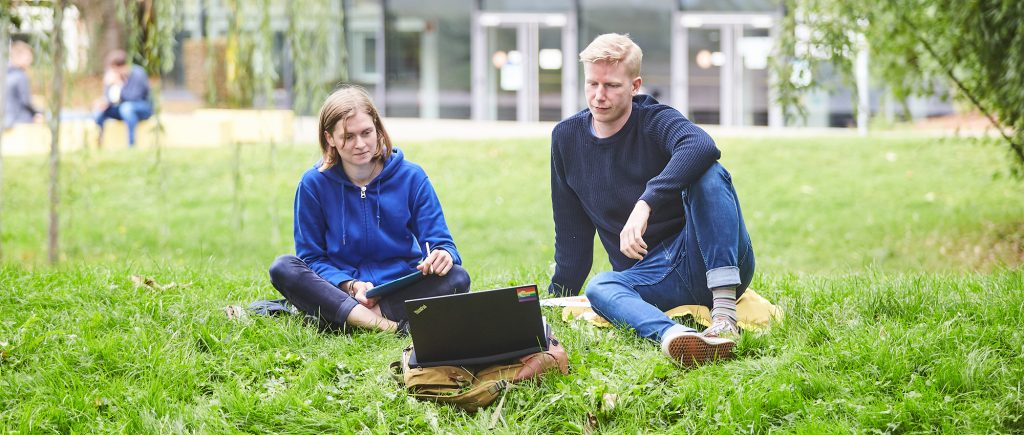
A wide range of degree programs across the faculties at the University of Freiburg bear a direct or indirect relation to sustainability. We are increasing the capacity of the programs in order to meet the high demand for these fields of study. In addition, we are constantly developing new programs.
Below you will find a selection of degree programs with a sustainability focus:
- B.Sc. Liberal Arts and Sciences, with Major Environmental and Sustainability Sciences
- B.Sc. Sustainable Systems Engineering (SSE)
- B.Sc. Geography
- B.Sc. Earth Sciences
- B.Sc. Environmental Sciences
- B.Sc. Forestry and Environment
- M.Sc. Global Urban Health
- M.Sc. Environmental Governance
- M.Sc. Geography of Global Change
- M.Sc. Environmental Sciences
- M.Sc. Forest Sciences
- M.Sc. Geology
- M.Sc. Hydrologie
- M.Sc. Renewable Energy Management
- M.Sc. Sustainable Systems Engineering (SSE)
- M.Sc. Solar Energy Engineering (Online-Master)
- M.Sc. Sustainable Materials – Functional Materials
- M.Sc. Sustainable Materials – Polymer Sciences
- M.A. Gender Studies
Sustainability doesn’t only play a role in relevant degree programs – the range of sustainability-related courses has grown across all fields of study in recent years.
In the context of its European university alliances, the University of Freiburg is also promoting sustainability as a core topic of the joint course offerings with its partner universities from the European confederations. Learn more in the section Cross-Border Sustainability.
Spotlight: Sustainability Certificate
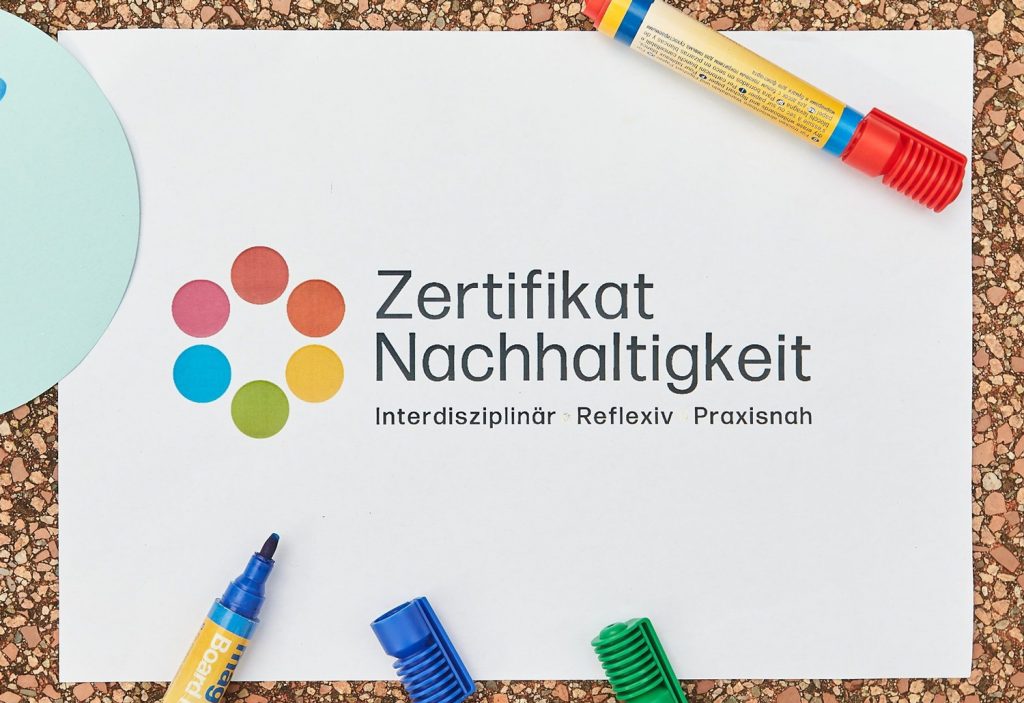

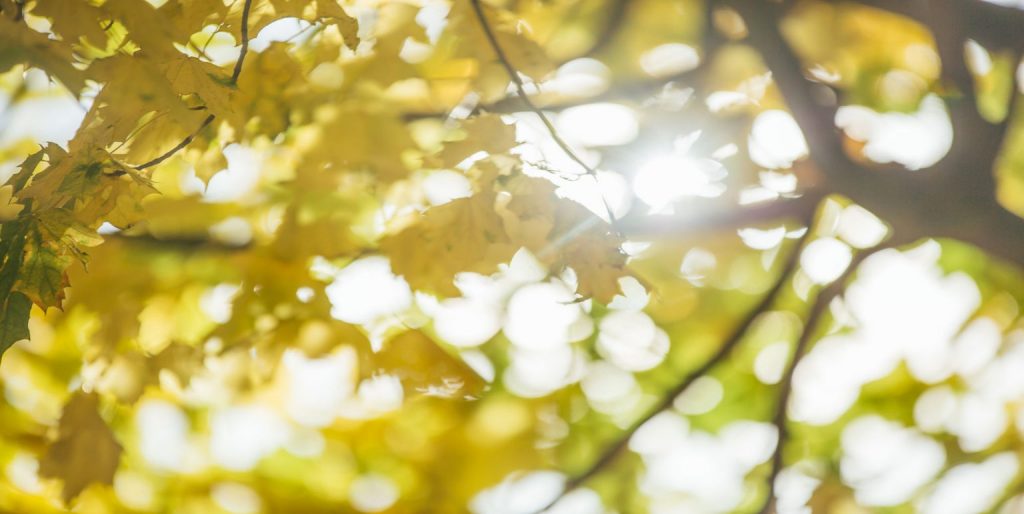
The Sustainability Certificate is the first step toward the goal of exposing all University of Freiburg students to sustainability issues, regardless of their choice of degree program.
The optional certificate program was introduced at the University of Freiburg in the 2021/22 winter semester and enables students from all fields of study to address the sustainability issues of the twenty-first century in an interdisciplinary context as part of their studies.
The program was developed on the initiative of the student Sustainability Office together with the Center for Key Qualifications (ZfS) and the Office for Safety, Environment, and Sustainability under the supervision of a program advisory board.
One of the modules, an interdisciplinary lecture series, is open not only to participants of the certificate program but to all interested students. The topics treated last semester range from biodiversity and sustainable pharmacy to the history of sustainability and urban development and universal basic income as a possible instrument for fostering social sustainability.
Student Involvement in Sustainability
University of Freiburg students have been involved for many years in numerous university groups on sustainability issues and several General Student Committee departments, e.g., the Environmental Department. The Sustainability Office Initiative has been collecting student ideas for a social-ecological university environment since 2018. Many students are also involved in numerous sustainability issues, from BUND to Weitblick, which are part of the Freiburg sustainability network.
Once a year, the student Sustainability Office coordinates the University Sustainability Days: Numerous student initiatives collaborate to put together a diverse program of workshops, lectures, panel discussions, and artistic action on the topic of sustainability, aimed at both students and the general public.
Sustainability Transfer
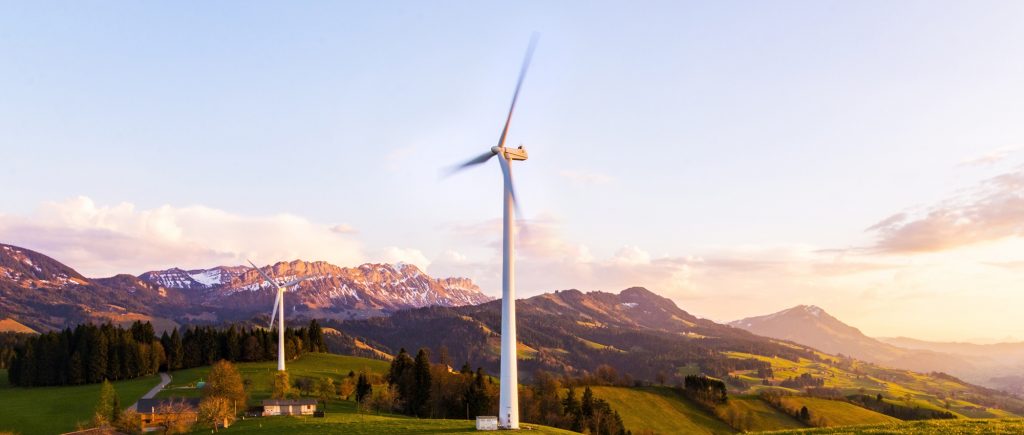
Inspiration from technology is indispensable in the area of sustainability, whether it’s about green technologies or the efficiency of political measures. At the same time, research is dependent on thought-provoking impulses from outside the university. Sustainability transfer means creating dialogue platforms on which science can enter into exchange with politics, business, and society. This concerns the transfer of research, technology, and knowledge.
Research and Technology Transfer
Sustainability Innovation Campus
The Sustainability Innovation Campus (ICN) is a joint initiative by the University of Freiburg (UFR) and the Karlsruhe Institute of Technology (KIT), starting in 2024. Under the guiding principle “Transformations for Urban Regions of the Future: Climate Protection, Resource Conservation, and Well-Being“, the two universities are setting their sights on comprehensive social, technical, and economic innovations – along with a network of actors from science, industry, politics, administration, and civil society. Through this innovation ecosystem, the ICN aims to contribute to accelerating the transfer of innovations in the Upper Rhine region and thus to the ‘great transformation’ towards a sustainable society.
Currently, the Sustainability Innovation Campus is looking for start-up projects. Scientists from the University of Freiburg, KIT and cooperating universities and research institutions are invited to submit their project outlines by 30 November 2023. Details can be found in the official call for proposals.
Sustainability Center Freiburg (LZN)
At the Sustainability Center Freiburg (LZN), scientists translate findings from sustainability research into innovations. The LZN provides the infrastructure for the path to practice. The University of Freiburg and the five Freiburg Fraunhofer Institutes have been cooperating at the center since 2015. At the LZN, scientists from all these institutions investigate solutions for sustainable development together, from foundations to practical applications.
Living Labs on Sustainability Issues
Living labs on sustainability issues have almost become a tradition at the University of Freiburg: From 2015 to 2020, the project “Knowledge Dialogue Northern Black Forest” studied what opportunities the Black Forest National Park presents for the sustainable development of the entire region.
To the findings from five years of work at the living lab.
The next living lab, “Upper Rhine Innovation Region,” is currently being planned – find out more in the section Cross-Border Sustainability.
Knowledge Transfer
Numerous formats, like Studium Generale or Freiburg Horizons, cover sustainability issues in their regular programs.
An aspect of knowledge transfer that receives special attention is the dialogue with other stakeholders, such as the city. For example, “Freiburg 2038 – How We’re Preparing for Climate Change” was the topic of a FRIAS Fireside Chat with Freiburg’s Mayor Martin Horn.
Another means of fostering regular exchange between science and the city is the Freiburg Sustainability Council, in which Prof. Dr. Daniela Kleinschmit represents the University of Freiburg. The Sustainability Council supports the development and implementation of the municipal sustainability strategy in an advisory capacity.
In addition, Freiburg professors are involved individually in advisory boards and committees at the state and federal level.
Sustainable Operations: The University As a Living Lab
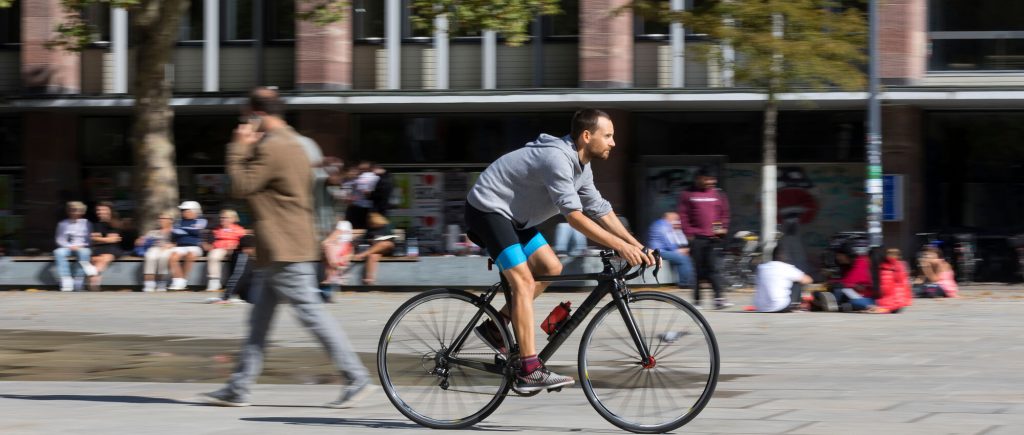
For more than twenty years, the University of Freiburg has repeatedly broken new ground with new ideas on how to expand operational sustainability and fulfill its function of setting an example in society.
The University as a Sustainable Place to Study and Work
The university should provide students and staff an environment that is attractive and participative in the long term. What this involves above all is an inclusive university culture that fosters diversity and creativity. Safe and healthy workplaces belong to a sustainable university, as do gender equality, family friendliness, and respect.
Maintaining and continuously developing a sustainable place to study and work involves a large variety of large and small measures, from low-threshold offerings like workplace exercise during lunch break to institutional measures like the Family Service and Gender and Diversity Monitoring, with which university makes its own efforts in this area transparent.
Numerous members of the university regularly make an active contribution, for example on the Day of Diversity or on Mental Health Day.
The Goal: A Climate-Neutral University
The university is currently pursuing the ambitious goal of achieving carbon neutrality by 2045 at the latest. The Climate Protection Plan recently passed by the Rectorate contains clear and concrete measures with which the goals laid out in the Climate Change Act of the German federal government can be reached. The university’s Climate Protection Plan outlines both individual large-scale flagship projects, such as a new climate-neutral building for the Faculty of Environment and Natural Resources, and the improvement of energy efficiency in the university’s existing building stock.
The University of Freiburg has been measuring and documenting energy balances annually since 2009, retroactively from 2004 on.
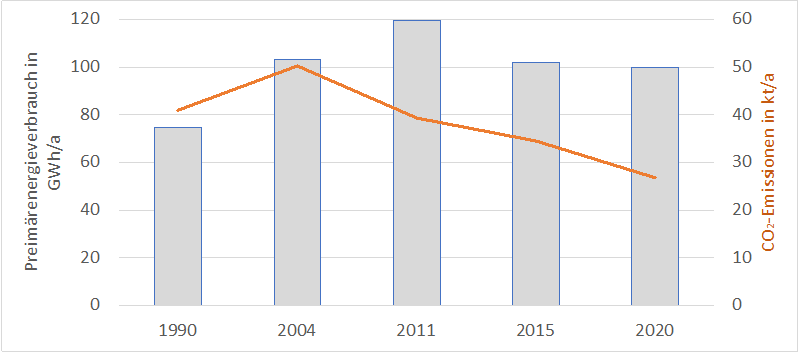
The university has also published an annual environmental report since 2018.
The publication of the university’s first sustainability report is currently in preparation. The preparation of the report, as well as the coordination of sustainability activities and the further development of the operational sustainability strategy, are the responsibility of the university’s sustainability manager.

Sustainable University of Freiburg Work Group
From environmental reports to the climate protection plan, from sustainable procurement to a mobility survey among employees:
Many threads of operational sustainability converge in the Sustainable University Work Group. The members include employees from various relevant administrative departments and offices, staff councils, student representatives, and members of student sustainability initiatives.
The University of Freiburg has received numerous distinctions for its sustainability efforts since the founding of the work group in 2005, such as the Öko-Verkehrs-Siegel, the Environmental Award of the City of Freiburg, and the MobilSiegel.
Spotlight: Hazardous Waste
The University of Freiburg’s reusable hazardous waste management system was introduced in 2001 and has led to major environmental and economic benefits as well as significantly fewer occupational accidents in this area. This system saves a considerable amount of material and reduces carbon emissions through the use of reusable canisters and reusable barrels. The university saved 78 tons of CO2 in this way in 2020. The University of Freiburg’s environmentally friendly hazardous waste management system has already been described in an article in the Journal of Environmental Safety.
Cross-Border Sustainability

Sustainability plays a central role in the University of Freiburg’s university alliances, whether in teaching projects (see Spotlight: Sustainability @EPICUR), in the conception of new degree programs (e.g., European Master in Continental Water Sustainability), or in the cross-border living lab “Upper Rhine Carbon-Neutral Innovation Region” currently in planning: This project seeks, through research expertise and in exchange with business, politics, and civil society, to transform the area around the decommissioned Fessenheim nuclear power plant into a pilot for an innovative, greenhouse emission-free economic region on the basis of a sustainable energy and transport concept.
The living lab is being planned within the context and Upper Rhine Cluster for Sustainability Research and was approved for funding in September 2022.
The Eucor Sustainability Focus Area, piloted by the University of Freiburg, encompasses all fields of the topic: research and teaching, transfer and infrastructure.
In 2022, for example, around thirty researchers from the Eucor universities (Basel, Freiburg, Karlsruhe, Mulhouse, Strasbourg) met to exchange ideas on their research about transformative cities, to network, and to initiate new research projects.
In the field of transfer, the existing Eucor city network has been addressing the topic of sustainability and possible city–university partnerships in a working group since 2022.
In the coming years (2023, 2024), the University of Freiburg will hold two transdisciplinary summer schools focusing on sustainability in collaboration with the Eucor alliance, the Öko-Institut e.V., and further partners. The Trinational Summer School 2023 will give students and doctoral candidates from the Eucor region the opportunity to experiment with transdisciplinary research formats using the example of climate adaptation of cities and municipalities.
In teaching, the existing sustainability certificate courses in Basel, Freiburg, and Karlsruhe will be open to students of all three institutions starting in fall 2022.
Spotlight: Sustainability @ EPICUR
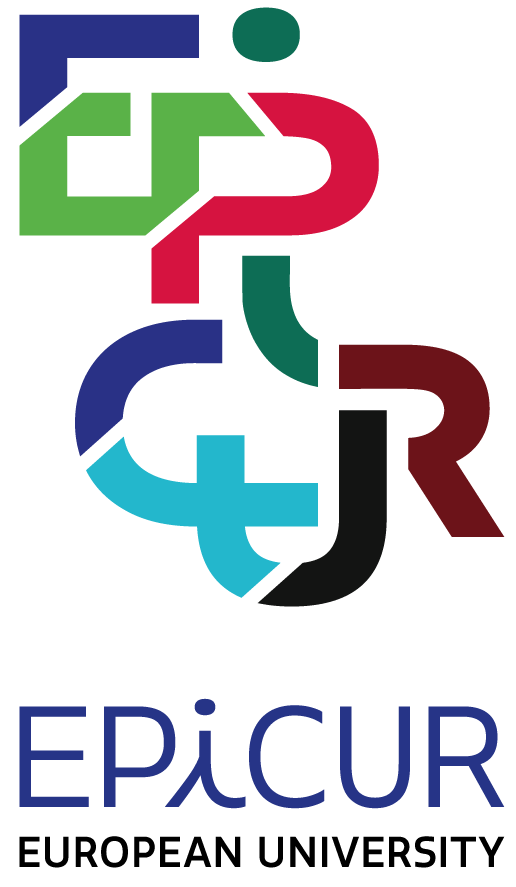
The University College Freiburg is coordinating the field of ecological and social sustainability in teaching for EPICUR. The alliance has already offered twenty-two digital courses on sustainability topics at all nine EPICUR universities since the project was launched in November 2019. In some cases, this involved the creation of entirely new lecture courses and seminars through cooperation between different teachers and team-teaching formats. An example is the University College Freiburg course “Sustainable Cities” (Dr. Sabine Sané), which uses international student exchange to go on “virtual field trips” and discuss what makes up a sustainable city.







